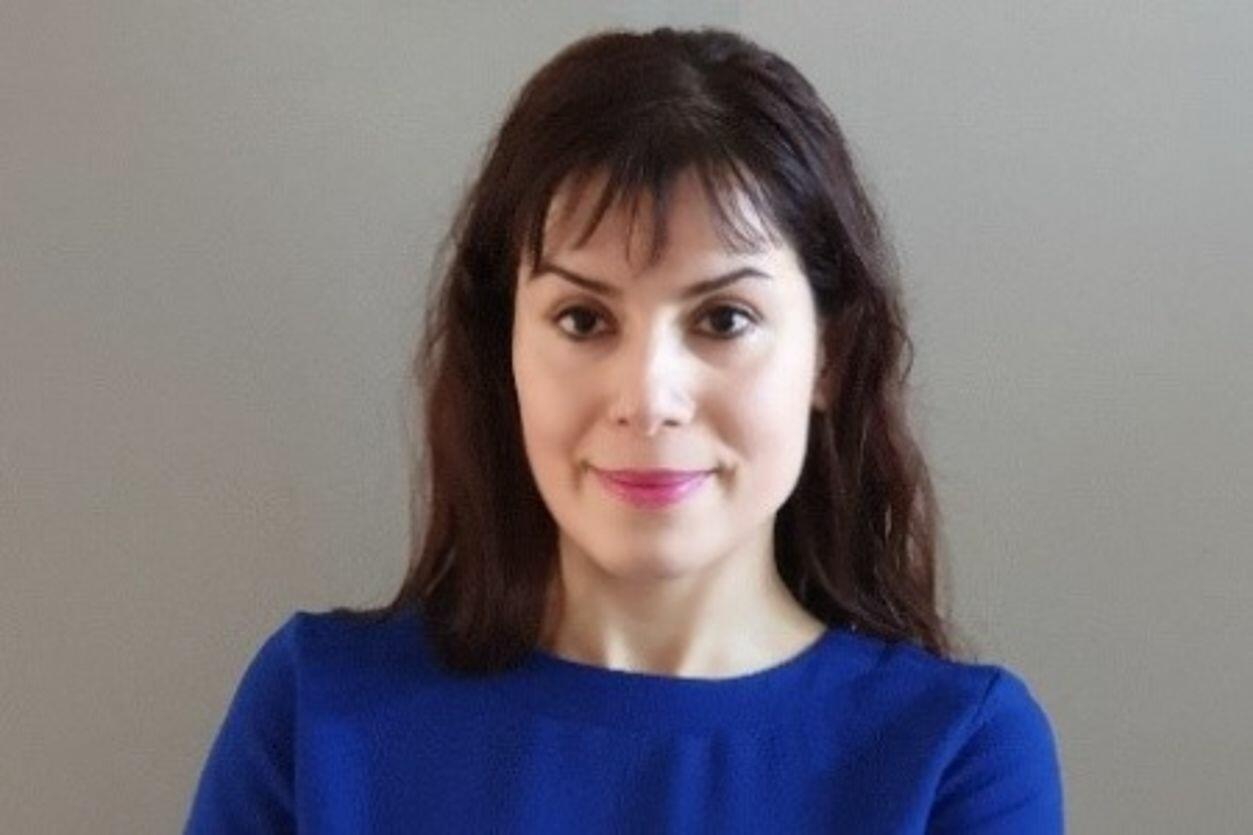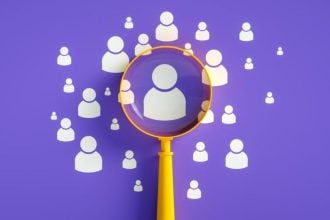Meta, the parent company of Facebook, recently unveiled a series of artificial intelligence (AI) updates that some experts believe foreshadow a future where humanity may choose to abandon the physical world for virtual realms. While these advancements hold promise, they also raise questions about the responsible development and use of AI technology.
Charles Darwin University Computational and Artificial Intelligence expert Associate Professor Niusha Shafiabady, a leading authority on AI and machine learning, commented on the groundbreaking AI developments.
“With Facebook announcing its new AI developments, we are entering into a new era through the technology we have created as the human race. It is going to change our lives.”
However, Professor Shafiabady raised an eyebrow at Meta’s portrayal of these updates as pure AI stating, “The corporations behind creating these tools call everything AI but when I was reading Facebook’s announcement, I came across two of their examples which didn’t seem AI to me,”
“The example on ‘What mocktail pairs well with avocado pesto pasta?” which looks to be a simple big data search and the ‘surrounded by puppies’ example which is not necessarily done by AI agents,”
“One thing to note is bearing in mind that AI systems are above and beyond ‘if A – then B’ models, and if you see something that seems like an ‘if-then’ model, question its being a real AI system,” Professor Shafiabady cautioned.
The visionary academic foresees a future where corporations provide tools for individuals to create their own infinite universes, possibly leading to a mass exodus from the physical world into virtual realms.
“The virtual world will be a common space, and I’m not sure if that is a good thing for our future generation, but that is where we are heading,” she said, prompting deep reflection on the implications of such a shift.
Meta’s commitment to building AI models responsibly has been a point of contention. Professor Shafiabady raised concerns, saying, “We have to take the corporation’s word for saying that they ‘are committed to building ‘the AI models’ responsibly.’
“I am not sure how many of you are ready for changing the future of your children without having any say in it, but that is where we are moving,” she said.
While AI, machine learning, data analysis, and deep learning hold the potential to be assets to humanity, they also pose significant ethical challenges. The responsible development and use of AI will undoubtedly shape the course of our existence in the coming years.
Professor Shafiabady concluded, “Hopefully, when we are looking back 50 years later to this day, we will be satisfied with the way the world has changed through using technology.”
“As we navigate this uncharted territory, the world watches with bated breath, wondering whether we are on the brink of an unprecedented transformation or teetering on the edge of a dystopian future.”







